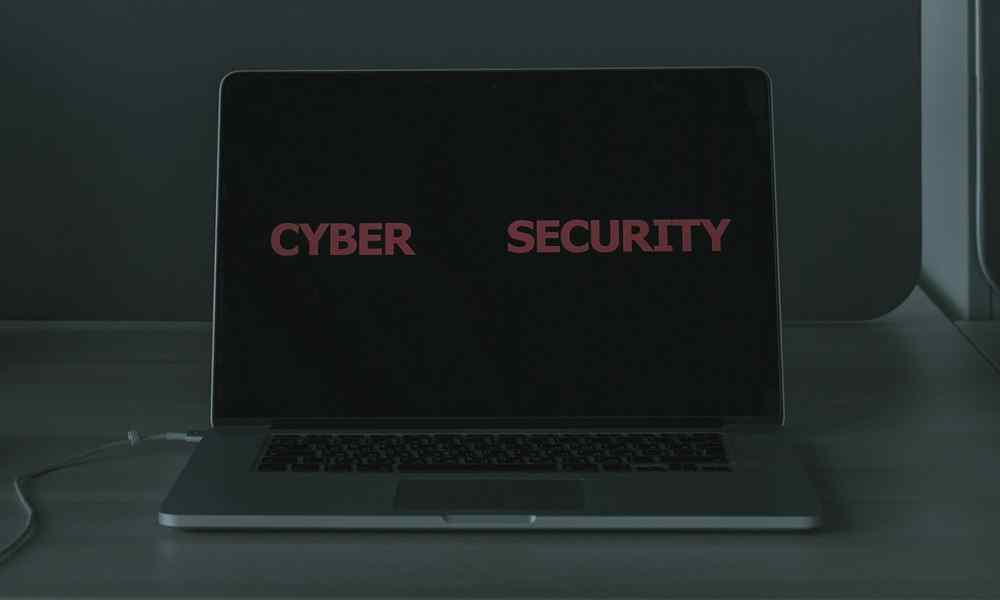
What Is Cyber Security?
We are in a generation nearly everything is online; I mean, practically everything is done, and can be done online. A lot of sensitive information is being stored online. For this reason, there is an undisputed need for the protection of said sensitive information. This is where cyber security comes into play. So, what is cyber security?
Cyber security is typically defined as the steps and processes involved in safeguarding the important stuff we put online.
Shall we get a little bit techier?
Cyber security is the application of technologies and processes to defend systems, networks, devices, and data (vital or otherwise) from cyber-attack.
What Is Cyber Attack?
We have mentioned the word cyber a couple of times now, but do we really know what it means?
The word cyber means “relating to, or involving computers or computer networks.” Now it will make more sense when we go deeper into cyber attacks and cyber security.
A cyber-attack is an assault by criminals using a network of computers to maliciously disable target computers, steal data or use the target computer as a launch point for other attacks.
We cannot talk about cyber security properly without discussing cyber-attacks, even briefly. We will touch upon some of the common cyber-attacks we are exposed to on a daily basis without proper security measures in place.
1. Backdoors
Backdoors, as the name implies is a technique where there is remote access to computers or systems without the user knowing of such access. The backdoor allows the cybercriminal to steal data and spy on the target computer.
2. Formjacking
Personally, I think this is one of the worst and among the most unethical type of cyber assault. Formjacking entails inserting malicious codes into online payment forms to gain access to the customers’ card details.
3. DNS Poisoning Attacks
DNS stands for Domain Name System. In this type of attack, the victim gets redirected to malicious sites without the permission of the said user. You and I have been victims of this type of attack multiple times, unfortunately.
4. Phishing Attacks
This is another attack that entails the use of social media networks to trick people into divulging sensitive information. This is extremely dangerous as these fraudulent messages aren’t always so distinguishable from those that are legit. Again, at some point in time, you and I have received such messages requesting bank details and whatnot.
5. Malware
You must not be techy to hear about malware. It is a very popular term in the cyber world. Basically, malware is any file or program intended or designed to harm or disrupt a computer. There are so many malware types out there, but to name a few, we have: Botnet software, Ransomware attack, RAT(remote access Trojan), Spyware, Trojan
Now that we know some of the ways cybercriminals attack their victims, I am sure it has become ever more evident that the need for cyber security is indisputable.
Why is Cyber-Security Important?
At this point, it should be clear that anybody who has a digital footprint needs some sort of security online. These attacks are not only aimed at tech people, no. it will be unwise to think so. In actuality, cyber-attacks are often automated and aim to exploit common computer network vulnerabilities rather than specific websites and organizations.
Cyber security is very important because it protects all forms of data from personal data, personal information, and intellectual property to the government and industry data.
Without cyber security, you cannot protect the data that you have stored online, neither can your organization protect itself from attacks.
Cyber-attacks can come from any facet of your company or organization. It is becoming increasingly important for companies to educate their staff about common cyber threats like social engineering scams, malware and other forms of threats that will put the organization at risk.
The truth is; whether you are an individual, small business owner or a large organization, so long as you rely on a computer to send and receive data, you are vulnerable to cyber-attacks.
Cyber Security and Information Security
It is very easy to confuse cyber security with information security. At a glance, one might think the two mean the same thing but is indeed a fine line between the two.
Cyber security is primarily involved with the protection of electronic devices against attacks in cyberspace while information security is concerned with protecting the confidentiality and integrity of information.
Cyber security and information security are fundamental to what is known as information risk management.
Information risk management is a risk reduction technique that employs procedures and technology that mitigate cyber-attacks from vulnerability and poor data security. Data breaches are highly detrimental to the victims and are a result of poorly protected information.
You need cyber security in order to protect your hardware from attacks that will lead to information or data theft while information security is put in place to protect the information or data stored on the electronic device.
10 Best Cyber Security Practices
1. Keep Software Up-To-Date
There are primarily three reasons why a software update is highly recommended: to add features to allow a smoother and faster use of a device of software, bug fix, and security update.
2. Avoid Opening Dangerous And Suspicious Emails
We talked about software engineering scams, and what better way to dodge this very annoying bullet than to be extra cautious about emails and messages from unknown sources.
3. Change Hardware From To Time
This practice right here is a bit expensive to maintain, but extremely important. You may think that frequent software is enough, but it really isn’t. This is because there comes a time when the device is outdated and so the software update cannot be supported by the old device.
4. Adopt a Secure File Sharing Service
The files you share are only as secure as the sharing service you use to share them with. Using a secure file sharing solution to encrypt your files prevents unauthorized access and keeps your files safe.
5. Use Anti-Virus
This is the popular means of fighting viral attacks on electronic devices. The usage of anti-virus doesn’t provide complete protection against attacks, but it does greatly reduce the risk.
6. Use Secure VPN for Private Connections
VPN stands for virtual private network. Using the VPN will secure your connection and protect your information from your internet service provider and malicious prying eyes.
7. Triple Check Your Passwords!
You cannot overlook this practice as it is very important and often at times, it is the first layer of defence against data and information breach. Use howtosecuremypassword.net to see just how secure your password is.
8. Scan External Storage Devices for Virus
Your external storages such as flash-drives are susceptible to viruses and malware. If you hook up infected hardware to your computer or mobile phone, it will spread.
9. Do Not Keep Adware on Your Devices
Yep! You guessed it, ads. Pesky ads! What the adware does is collect information about you and serve you more targeted ads based on the collected information.
This is why sometimes your internet browser seems like it knows exactly what you want or what you are thinking about. That is the adware at work.
10. Enable 2-Factor Authentication
2-factor authentication is simply another layer of protection that helps verify the user identity before granting access.
Conclusion
In this article, we have discussed cyber security, information security and cyber-attacks. I am quite sure that you are a lot wiser on the importance of cyber-security and the risks incurred by neglecting it. As cyber-security measures are getting more sophisticated, so does cyber-attacks. For this reason, one must always be vigilant about the security of their devices and information stored.
Visit Northpad Nigeria for more eye-opening write-ups on a wide array of topics!

